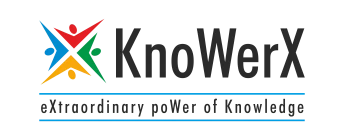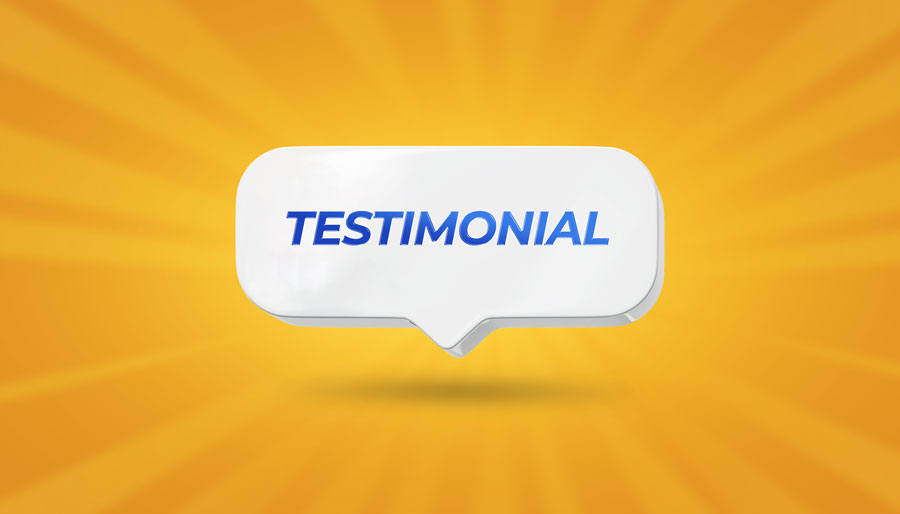 Menu
Menu
 Menu
Menu
Learn Now. Pay Later – KnoWerX Offers Flexible EMIs!
Dates – 14th , 15th , & 21st , 22nd March 2026
Session –
4 Days training
4 Hour Session Per Day
Session –
4 Days training
4 Hour Session Per Day
Pricing Per Participant:
INR 63,780 +18% GST
USD $782
Register now for the SCOR DS Online Training and become a part of an amazing session.
Hurry up! Enroll Today
Certifying Body: Association for Supply Chain Management
The new Supply Chain Operations Reference Digital Standard (SCOR DS) has introduced the biggest update to SCOR Model Certification since its inception and modernised the framework to include sustainability standards & a digital body of knowledge. This version of SCOR shifts the perspective from a linear supply chain model to a more synchronous supply network. The SCOR DS Model was developed by a distinguished group of subject matter experts. The SCOR DS Model is similar to the SCOR-P certification. In this new model, there have been updates to the processes, skills, metrics, and practices that ensure total coverage across multiple industries.
The SCOR Model describes the business activities associated with all the phases involved in effectively satisfying customer demand. It has been used by thousands of public and private organisations around the world to assess and improve their supply chains, directly leading to improved operational performance.
ASCM Supply Chain Operations Reference Digital Standard

For each level-1 process, three or more differentiating level-2 processes exist. Each level-2 process contains level-3 process elements. These hierarchical relationships provide process classification.
When conducting a SCOR project, SCOR users may decide to move some lower-level processes, such as those involving sourcing, delivery, and procurement, into other Process sections. SCOR can serve as a flexible and customizable model that can be applied to multiple industries and situations, so the framework process locations are not rigid. If this is done, SCOR users should be careful not to duplicate processes.
Don’t miss your chance to gain an in-depth understanding of the SCOR model and demonstrate your commitment to your organization’s supply chain performance.
The fees include, APICS Membership, SCOR material (soft copy) and 16 hrs of online training divided in 4 session of 4 hrs each & associated GST.
ASCM Supply Chain Operations Reference Digital Standard
The Orchestrate stage describes the activities associated with the process integration and system enablement of the supply chain strategies. This comprises of business rules and enterprise activity and resource planning; human resources; elaborate network designs and technologies; data analytics; comprehensive contracts and agreements; timely regulations and compliance; pre-emptive risk mitigation; environment, social, and governance initiatives; circular supply chain management activities; balanced performance management; and much more.
The plan stage describes the activities associated with making roadmaps to operate the supply chain effectively. Planning is conducted for the subsequent prcesses – Order, Source, Transform, Fulfill and Return. This includes determining the input requirements; collecting information about the available resources; balancing and matching requirements with resources to determine planned operational capabilities and potential gaps in demand or resource utilization; and identifying the actions needed to correct these gaps.
The Order stage describes the activities associated with the purchase of products and services by customers, including attributes like location, methods of payment, pricing of products and services, the status of fulfillment, and any other order data metrics that could provide valuable insight.
The source stage describes the activities associated with material procuring, the ordering process, scheduling the order and its fulfillment process, the delivery process, payment collection, and invoicing, and the transfer of products and services.
The Transform stage describes the activities associated with the process scheduling and development of products, including production; assembling; disassembling; maintaining, repairing, overhaul functions, and more.
The Fulfill stage describes all the activities associated with executing customer orders or services, including scheduling delivery of the order, picking up the order package, packing of the order, shipping processes, installing, commissioning, and regulation complaint invoicing.
The Return stage describes the activities associated with the reverse logistic and backward flow of goods and services from the customer to the manufacturer. This includes any service components from a customer through the supply chain network, in order to diagnose challenging conditions, evaluate entitlement, and the disposition back into Transform or other circular activities of the SCOR Model.
By using common definitions among all facets of the supply chain, SCOR creates a standard by which industry professionals can gauge the maturity and effectiveness of a network and understand how it supports business goals. Take a deeper dive into the model:
Results are consistent. Implementing SCOR maximizes process efficiency and overall supply chain performance. Typical results include:

Learn how to apply SCOR to your supply chain operations.
At the pinnacle of the SCOR Processes hierarchy is Orchestrate level – the Level 0 process “Orchestrate” is at the Strategy level and it conveys and manipulates all of the levels below it.
After the Level-0 processes, SCOR Model recognizes six major Level-1 processes; i.e.: Plan, Order, Source, Transform, Fulfill, and Return.







The ASCM Supply Chain Operations Reference (SCOR) Digital Standard is a framework designed to help organizations optimize their supply chain operations. It provides a structured approach to measuring and improving supply chain performance, focusing on processes such as planning, sourcing, production, delivery, and return.
The SCOR Digital Standard is intended for supply chain professionals, including managers, analysts, and consultants. It is valuable for those involved in designing, managing, and improving supply chain processes, as well as for organizations looking to enhance their supply chain performance through standardized practices.
Implementing the SCOR Digital Standard helps organizations achieve greater efficiency and effectiveness in their supply chain operations. It provides a clear framework for benchmarking performance, identifying improvement opportunities, and aligning supply chain processes with business objectives, ultimately driving better results and competitive advantage.
Today, supply chain exists in almost all the fields. The list is quite vast. To name a few…
Yes, DDI Certifications are recognized globally.
The Demand Driven Institute (DDI) offers several certifications focused on Demand Driven methodologies, including the Demand Driven Planner Professional (DDPP) and Demand Driven Leader Professional (DDLP) certifications. These programs are designed to equip professionals with the skills and knowledge needed to implement Demand Driven Material Requirements Planning (DDMRP) and lead their organizations through the transition to more adaptive and responsive supply chains. DDI certifications are recognized globally and are aimed at improving supply chain performance, reducing costs, and increasing agility in today’s dynamic market environment.
Yes, you can. Kindly connect with our sales team for further assistance on the same.
Pattern: The Online exam is for 3.5 hours, and a participant needs to attempt 150 multiple choice questions and no negative marking. The result is prompted within few seconds of completing the Exam.
Score: The CPIM exam score range is 200-350. A minimum score of 300 or higher is required to pass the examination. Any score of 299 or below is termed as failed or not pass.
APICS/ASCM Certificates are valid for 5 years. Within these 5 years a candidate must earn and submit 75 points to renew certificate for another 5 years. For more information on the rules and policies on maintaining certification, please visit https://www.ascm.org/learning-development/certifications-credentials/certification-maintenance.
Training is always beneficial for certifications. You can always connect with the instructor for any doubts or queries related to the study material and have a smooth process towards your exams. KnoWerx instructors have more than 35 years of experience and the passing ratio of KnoWerX candidates is 90%, and too in first attempt.
This will close in 0 seconds
This will close in 0 seconds
Looking for the right SCM certification?
We are happy to help.
Looking for the right SCM certification?
We are happy to help.